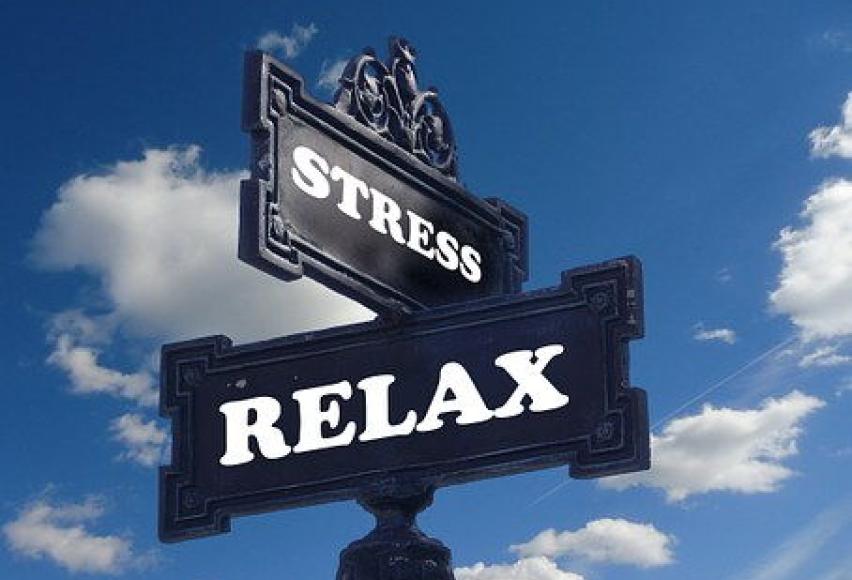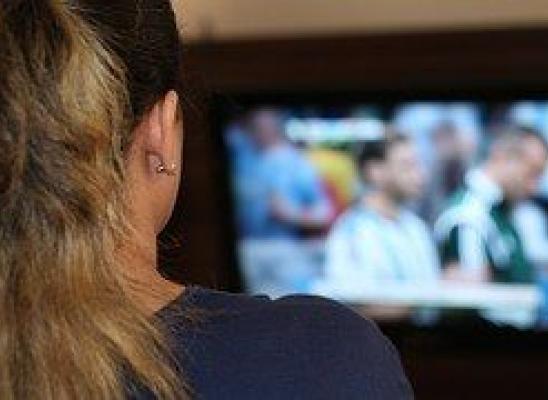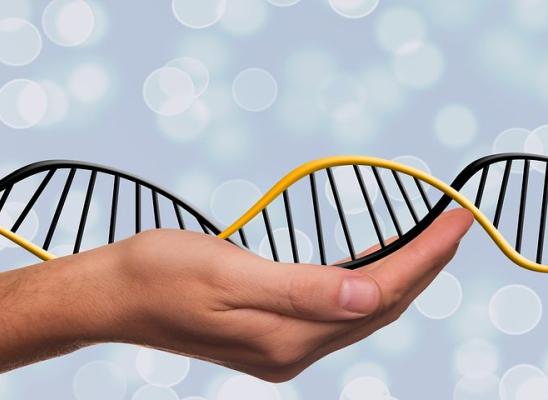Stress and Trichotillomania

Online test
Find out the severity of your symptoms with this free online test
Everybody’s triggers for hair pulling are different. Some people pull their hair habitually without realising it when they are engaged in passive activity, others consciously pull their hair to relieve a sense of tension. Whatever your reasons for pulling, it is important to develop an awareness of these triggers as it enables you to act proactively to prevent or minimise the urges to pull rather than be reactive trying to resist the urge to pull.
Pulling when stressed
Many people with compulsive hair pulling disorder describe a feeling of tension build up that is released through picking. When further dissecting the root of this tension, it often boils down to feelings of anxiety, frustration or stress. Even though you might be aware that you are stressed, we often do not realize the magnitude of that stress of the impact it has on our physical or mental health. Someone may appear to be or feel like they are coping with a stressful time well because they are continue to function on a day to day basis. However stress not addressed directly in healthy ways inevitably manifests in the body or mind in other ways.
What use is stress anyway?
If stress causes us so much problems, why do we even have stress? Asking why we need to have stress is much like asking why do we need to feel physical or emotional pain? Stress, like pain is your body's way of responding to any kind of demand or threat. When you feel threatened, your nervous system responds by releasing a flood of stress hormones, including adrenaline and cortisol, which prepares the body for emergency action. It does so by increasing your heart and breathing rates. Your brain gets more oxygen, giving you an edge in responding to a problem. In the short term, stress helps you cope with tough situations. For example if you are stressed because of deadlines at work, the hormonal reaction is meant to be a source of additional energy and drive to get the job done. However, the problem arises when the physical effects of these hormones are not appropriately expressed. This is largely the fault of negative thought patterns humans tend to engage in. Our thoughts can be both our greatest enemy and our greatest friend.
When a perceived stressor is gone, the Central Nervous System (CNS) should tell all systems to go back to normal. If the CNS fails to return to normal, or if the stressor doesn’t go away, your body stays in a constant state of alert which is not good for your body. When our thoughts perpetuate negative patterns, eliciting negative emotions, it signals to the CNS that we are still in trouble and the stress response is therefore not turned off. This leads to symptoms of chronic stress, which include irritability, anxiety, and depression. For example, sticking to the same example above, you might think to yourself that you won’t be able to finish and think about all the negative consequences that can result from that. Before you have even begun, you have already imagined your failure.
So what’s does this have to do with trichotillomania?
The reason cognitive behavioral therapy (CBT) has had the most success in the treatment of trichotillomania is because it addresses these negative thought patterns and assists the individual to purge the built up stress in healthy, acceptable ways. For many trich sufferers, hair pulling is a way of releasing all the excess energy or tensions often resulting from stress. In CBT you will start by developing an awareness of your trigger thoughts and events and then learn how to diffuse the negative thoughts so that it does not continue to signal a stress response from the brain. You will also explore alternate ways to respond to overwhelming stress. For example, exerting energy through exercise is a good way to expend excess adrenaline; or playing with a stress ball or fiddle toy can relieve some of the built up agitation and anger.
Online test
Find out the severity of your symptoms with this free online test
Start your journey with TrichStop
Take control of your life and find freedom from hair pulling through professional therapy and evidence-based behavioral techniques.
Start Now



